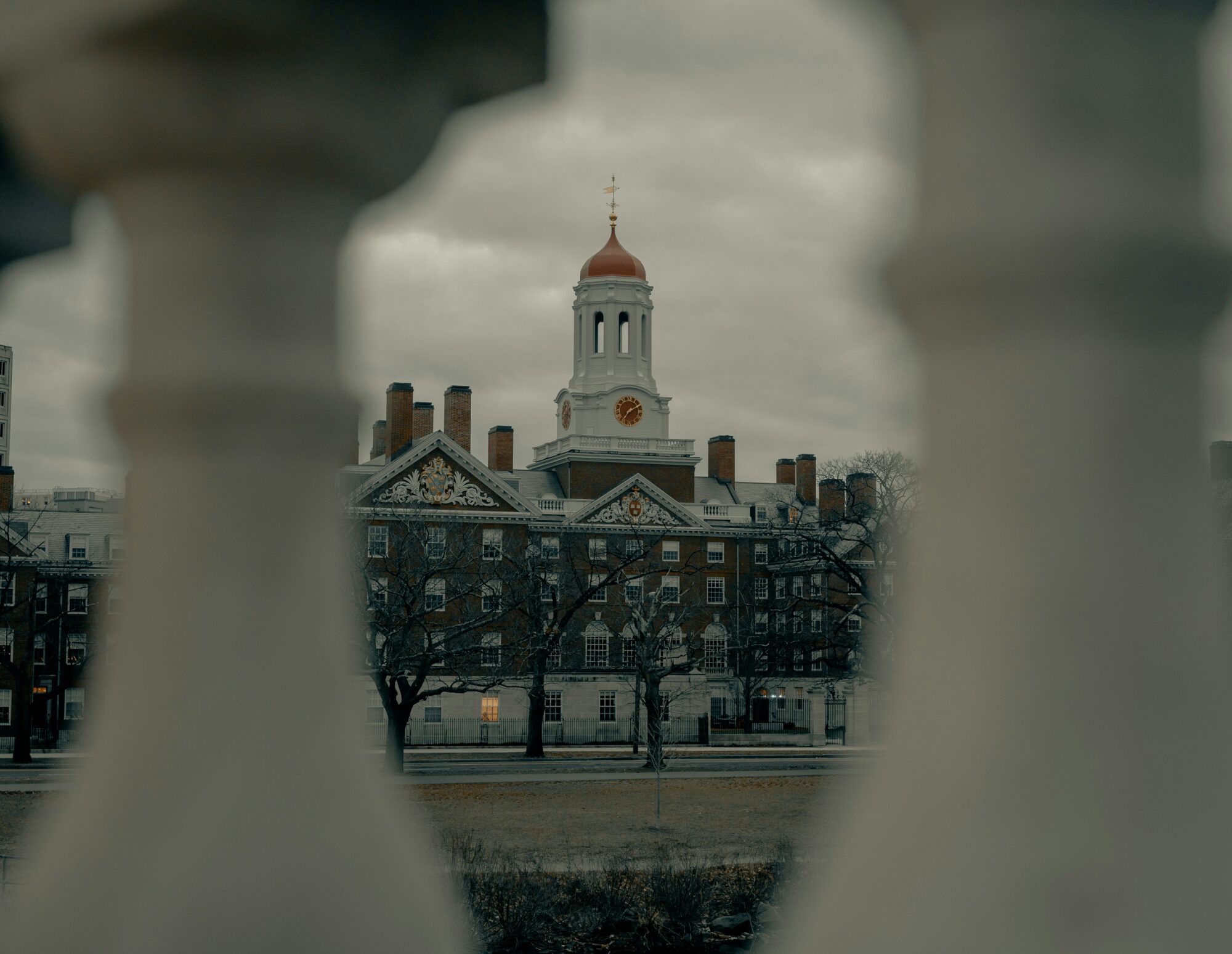
Since Trump’s reelection, his administration has waged a series of attacks on pro-Palestinian campus protests, most notably at Harvard and Columbia. In freezing the federal funding of universities to detaining prominent Palestinian activists, his administration has framed campus activism as a national security threat. The prospective deportation of student activists and the administration’s crackdown on campus dissent directly contribute to democratic erosion by reducing the ability of academic institutions to promote free speech and political participation.
Mamhomud Khalil, a Palestinian student and prominent activist at Columbia, was among the first arrested and remains detained despite being a green card holder with no criminal record. Shortly after, Rumeysa Öztürk, who co-authored an op-ed critical of Tufts University’s stance on Palestine, was detained. Most recently, Mohsen Mahdawi, a peace activist at Columbia, was arrested at a naturalization interview.
Tricia McLaughlin, a spokesperson for the Department of Homeland Security, justified arrests as “in support of Trump’s executive orders prohibiting anti-Semitism.” The Trump administration has accused pro-Palestinian activists of having ties with the terrorist organization Hamas. One lawsuit filed in Manhattan federal court accuses pro-Palestinian activists at Columbia of acting as “a propaganda arm” of Hamas, illegally coordinating with them and even going so far as to suggest that Khalil and others had prior knowledge of the October 7th attacks. Despite these radical claims, no evidence has been made publicly available.
These unsubstantiated claims allow the Trump administration to punish political opponents under the veil of combating anti-Semitism and terrorism, thus avoiding international scrutiny for violating core democratic principles. Similar strategies have been employed in Russia and Egypt to suppress dissent while maintaining political legitimacy. In 2012, Russia required NGOs to register as “foreign agents” if they received international funding, and imposed audits claiming to ensure the groups were following Russian law and working towards their stated goals. ln Egypt, the government brought charges against dissidents for unlawfully accepting foreign funds and cracked down on NGOs, claiming to ensure foreign funds were not influencing the political process.
The arrest of campus activists suggests that political beliefs and activism have become criteria in enforcing immigration policy, discouraging international students from expressing beliefs that contradict the U.S.’s foreign policy interests. Such self-censorship would greatly limit the number of diverse perspectives being shared in academic settings, preventing meaningful political participation of students already under great scrutiny due to extensive immigration laws. According to the Freedom House, at least 55 countries have used the restriction of movement, including deportation, to “punish, coerce, or control people whom they view as political threats or opponents.”
These concerns are furthered by reports of pro-Israel private groups using facial recognition software to identify campus protestors and report them to federal authorities. The use of this technology grants private groups an unprecedented amount of power, in allowing for the collection and analysis of people’s biometric data without their consent. The Trump administration using such private channels to suppress dissent has dangerous implications, given private groups are subject to much less oversight.
On March 31st, the Trump administration cancelled $400 million in grants and contracts to Columbia University due to what they deemed as its mishandling of pro-Palestinian campus protests. Columbia complied with the administration’s demands, banning face masks at protests, expelling student activists, and placing its department of Middle Eastern, South African, and Asian studies under external oversight. On April 14th, Harvard was struck with a $2.3 billion federal funding freeze within hours after refusing to accept similar demands to eliminate DEI programs, ban the use of face masks, audit the views of students and faculty, and stop funding or recognzing “any student group or club that endorses or promotes criminal activity, illegal violence, or illegal harassment.”
In a public statement to the Harvard community, Harvard President Alan Garber wrote, “the university will not surrender its independence or relinquish its constitutional rights.” He went to further assert that the administration’s demands were “unmoored from the law.” This response contrasts greatly with Columbia’s, which has led to great scrutiny from Columbia students. Further, it demonstrates the importance of institutional reliance, specifically that of academic institutions, in acting as a safeguard against democratic erosion. By taking a clear stance to protect the constitutional rights of students and the legal autonomy of universities, Harvard’s actions present a strong precedent.
The administration’s demands exemplify democratic erosion in coercing universities into suppressing dissent and discouraging political participation. Once these demands are implemented, the free speech and constructive discourse that universities facilitate — essential to a functioning democracy — will cease to take place. Trump’s weaponization of funding undermines institutional autonomy and enforces ideological conformity on a systemic level.
The Trump administration’s use of federal funding freezes and homeland security demonstrates Nancy Bermeo’s definition of executive aggrandizement, in which the “disassembling of institutions that might challenge the executive is done through legal channels,” rather than through abrupt changes like coups. These insidious tactics allow elected leaders to undermine democratic institutions and practices gradually, making them more difficult to contest.
The Trump administration’s use of executive power to suppress the voices of pro-Palestinian activists poses a significant threat to American democratic ideals. Academic institutions must follow Harvard’s lead in resisting authoritarian demands and commit to maintaining their independence and protecting their students. Academic leaders can keep this commitment by establishing sanctuary campuses, supporting student organizations, and facilitating free and open discourse. Students must continue to voice themselves, calling upon their universities to defend the democratic ideals the United States prides itself upon.

0 Comments